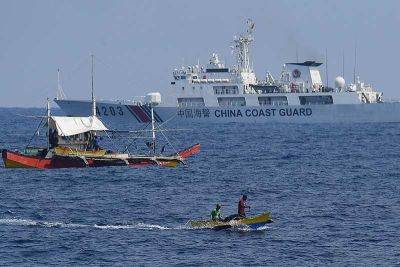When China’s Digital Silk Road meets Philippines’ digital transformation
When Ferdinand Marcos Jr became president, he laid out a policy of immediate digitalization of vital government services to boost the ease of doing business and combat corruption. This was an important policy as the Congressional Policy and Budget Research Department observed that digital transformation can be an important boost to the Philippines’ economic recovery in the post-pandemic period. Globally, digital transformation is nothing new as the ongoing process of digitalization has been shaping how countries do business and trade.
The estimated value of the Philippines’ digital economy in 2020 is around $7.5 billion with a projected annual growth rate of 30%. There are also expectations that the sector will expand substantially between $28 billion and $40 billion in 2025. Robust public-private cooperation is essential to this growth. E-commerce leads the Philippine digital economy in terms of sector, followed by online media, transport and food and online travel.
An undiscussed aspect of digitalization in the Philippines is in its geopolitical context. New technologies contributed to a more borderless world, true, but there are challenges that have emerged. Some of these are how to manage cross-border data flows, enforce intellectual property rights and protect consumer welfare. As a country in the middle of an economic transition, the country needs to work with its partners to further develop its digital economy. In this space, China promises both opportunity and challenge.
It’s not a secret that the Chinese Communist Party has strong links to private companies. The People’s Republic of China has also passed laws that allow it to access personal data from its private sector. There are voices expressing strong concern over China’s involvement in technology. The PRC’s Digital Silk Road can help the Philippines’ digital landscape develop but it can also lead to complications, such as having to manage international digital cooperation that requires cautious evaluation of its implications on national security, technology standards and regulatory frameworks.
Through the Digital Silk Road, the PRC has invested in the Philippines in important areas such as digital







